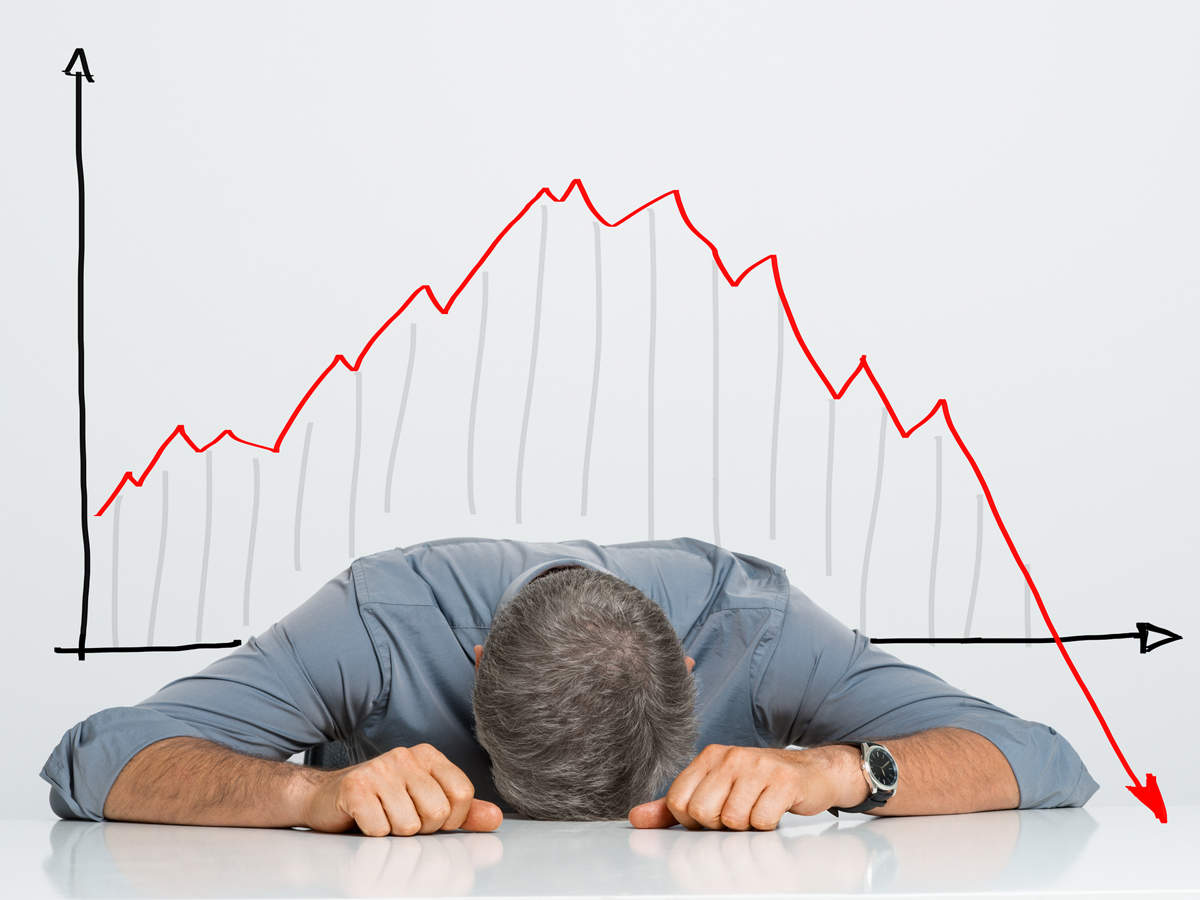INSUBCONTINENT EXCLUSIVE:
SHANGHAI: China's main stock indexes ended lower on Thursday, extending a lengthy slump tied to the fractious trade war between the world's
two largest economies, and few analysts expect either the dispute or market weakness to end any time soon.
Analysts say China's financial
markets may level off in the near term as caution grows ahead of high-stakes talks between China's President Xi Jinping and US President
Donald Trump during a G20 meeting in Argentina at the end of this month.
But while any de-escalation of the trade war heat would likely
boost Chinese shares, the effect could quickly fade given China's slowing economy and the likelihood that Sino-US ties would remain
strained.
"Market confidence is highly related to the Sino-US trade frictions A genuine bottoming out of the capital markets in the short
term depends on whether a deal can be reached" at the G20 meeting, said Cao Yuanzheng, chief economist at Bank of China
International.
Investors are not optimistic, but are leaving room for surprises.
"Mr
Trump is unpredictable," said Lin Lu, a professional investor in Shanghai
"You never know when he'll do an about-face."
Even in the case of a deal, however, longer-term prospects are "not very sanguine, if the US
treats China as a strategic rival," Cao said.
Moreover, "internally, China still faces heavy economic downward pressure," he added.
Those
pressures weighed on the Shanghai Composite index as it closed 0.2 per cent lower on Thursday
The index has tumbled more than 20 per cent so far this year.
The blue-chip CSI300 index finished down 0.4 per cent, weighed down by
financial and real estate firms that had risen in recent sessions on hopes that official growth-boosting measures will cushion the impact of
the trade war and slowing economic growth.
In Hong Kong, gains by Tencent Holdings Ltd helped the Hang Seng index to end 0.18 per cent
higher, but the China Enterprises Index finished down 0.38 per cent.
Still, stimulus efforts will take some time to kick in, and many
analysts believe business conditions in China will get worse before they get better.
Further policy easing also could create pressures of
its own.
Recent weak data have sparked speculation that China's central bank could resort to a rare cut in the country's benchmark interest
rate to jumpstart economic activity, which was cooling even before the trade dispute flared.
That could put significant pressure on China's
yuan, particularly at a time when the US central bank is continuing to raise rates, and add to worries about a further jump in corporate and
household debt.
"In addition to the trade war element, the Fed will likely raise rates three times next year," said Jiang Mingde, chief
consultant at Shanghai Yixin Weiye Investment Management Co.
"China's economy is on a downward slope
GDP growth was only 6.5 per cent in Q3
Next year, GDP will take a step down but we don't know by how much."
Oxford Economics forecasts 2019 growth could cool to 6 per cent, the
weakest annual expansion on record, if the US proceeds with a sharp hike in tariffs on Chinese goods from Jan
1 and China retaliates.
Rising US and falling Chinese rates have already pushed the yield on thinly traded one-year Chinese government bonds
below that of their US counterparts.
On Thursday, they yielded 2.63 per cent, 3.9 basis points (bps) lower than one-year US bills, at 2.669
Spreads on benchmark 10-year bonds have also narrowed to around 30 bps from 150 bps at end-2017, according to Refinitiv Eikon data.
The yuan
weakened slightly on Thursday and was trading at 6.9327 per dollar at 0812 GMT, with traders treading cautiously ahead of the G20 meeting in
Argentina at the end of the month.

